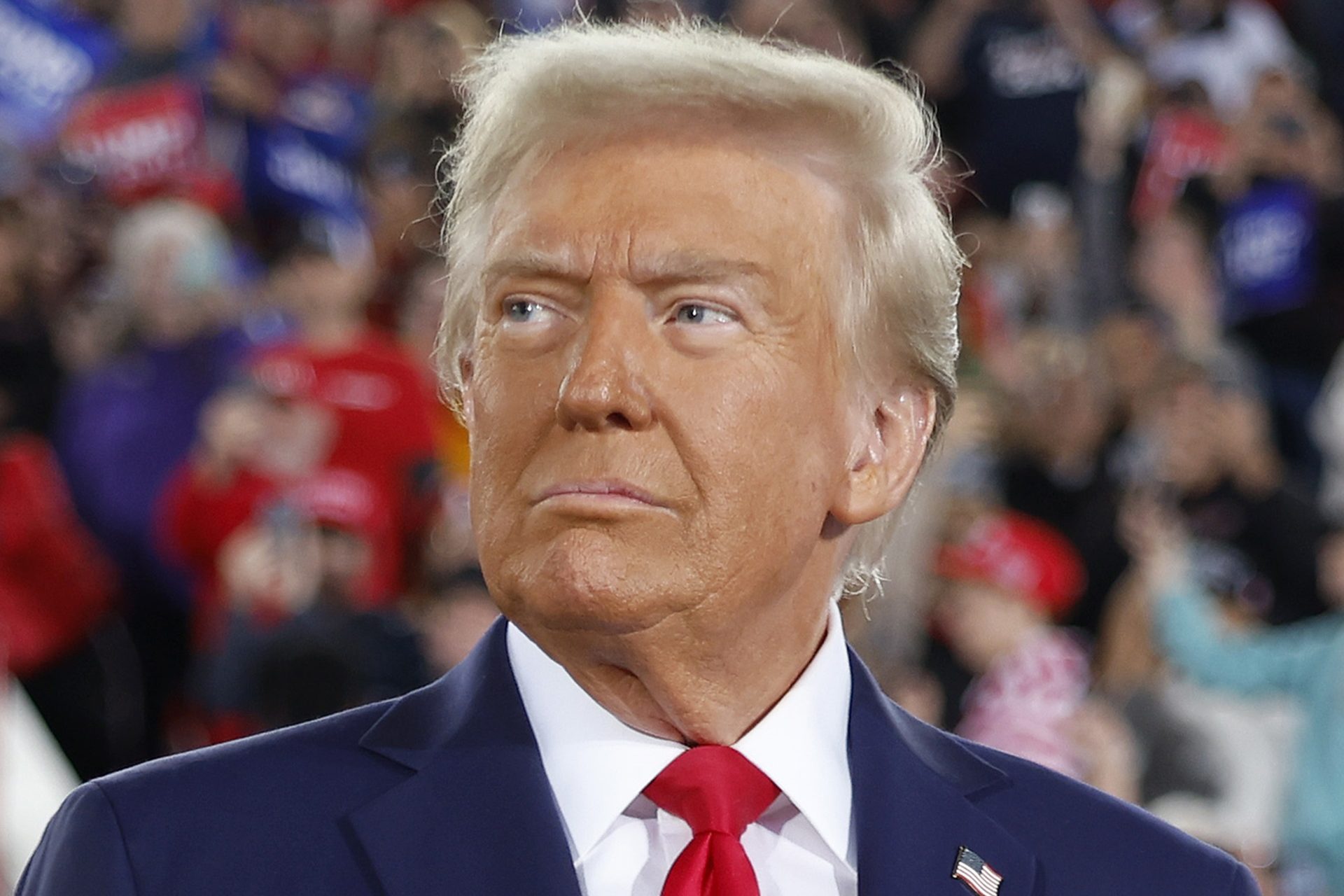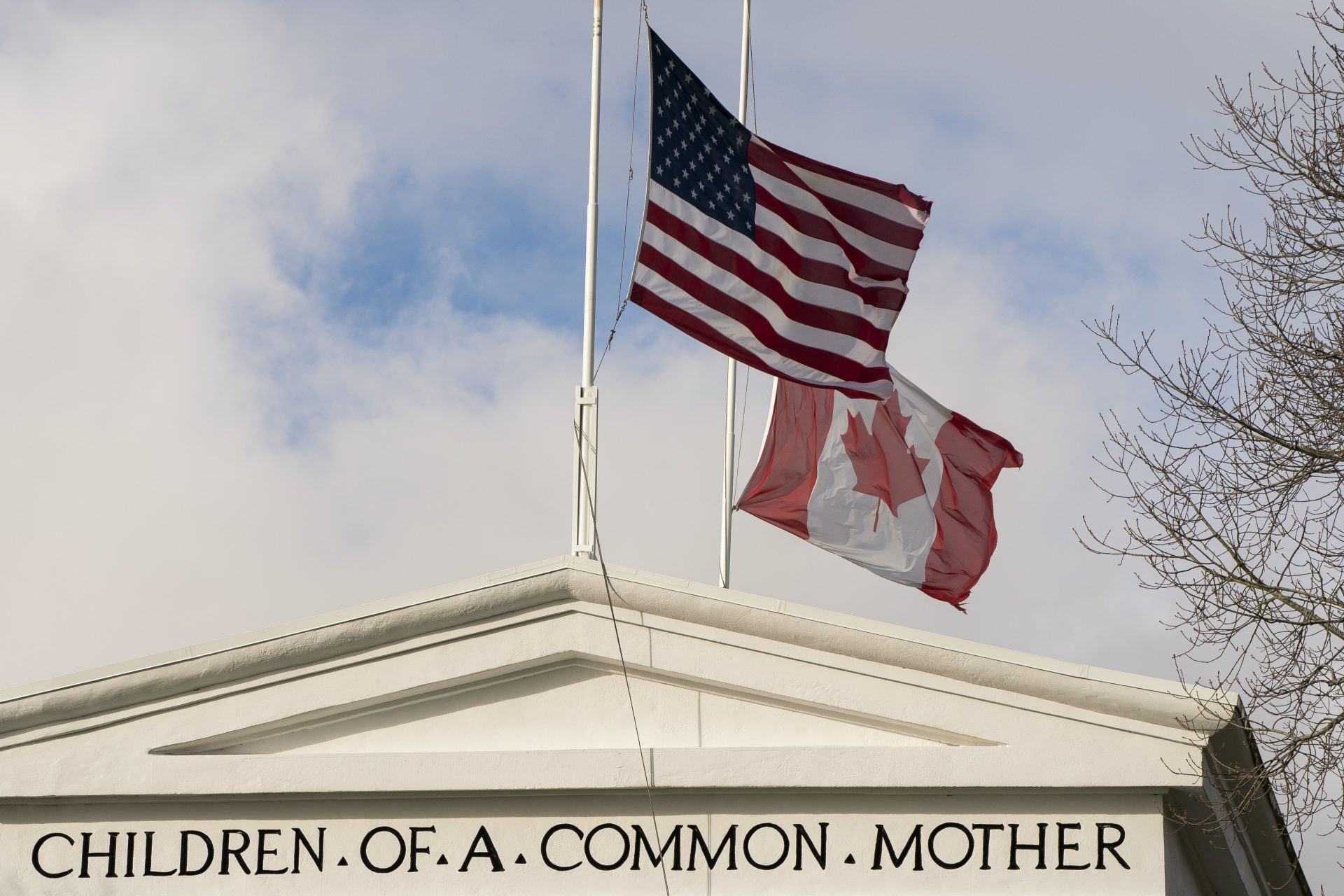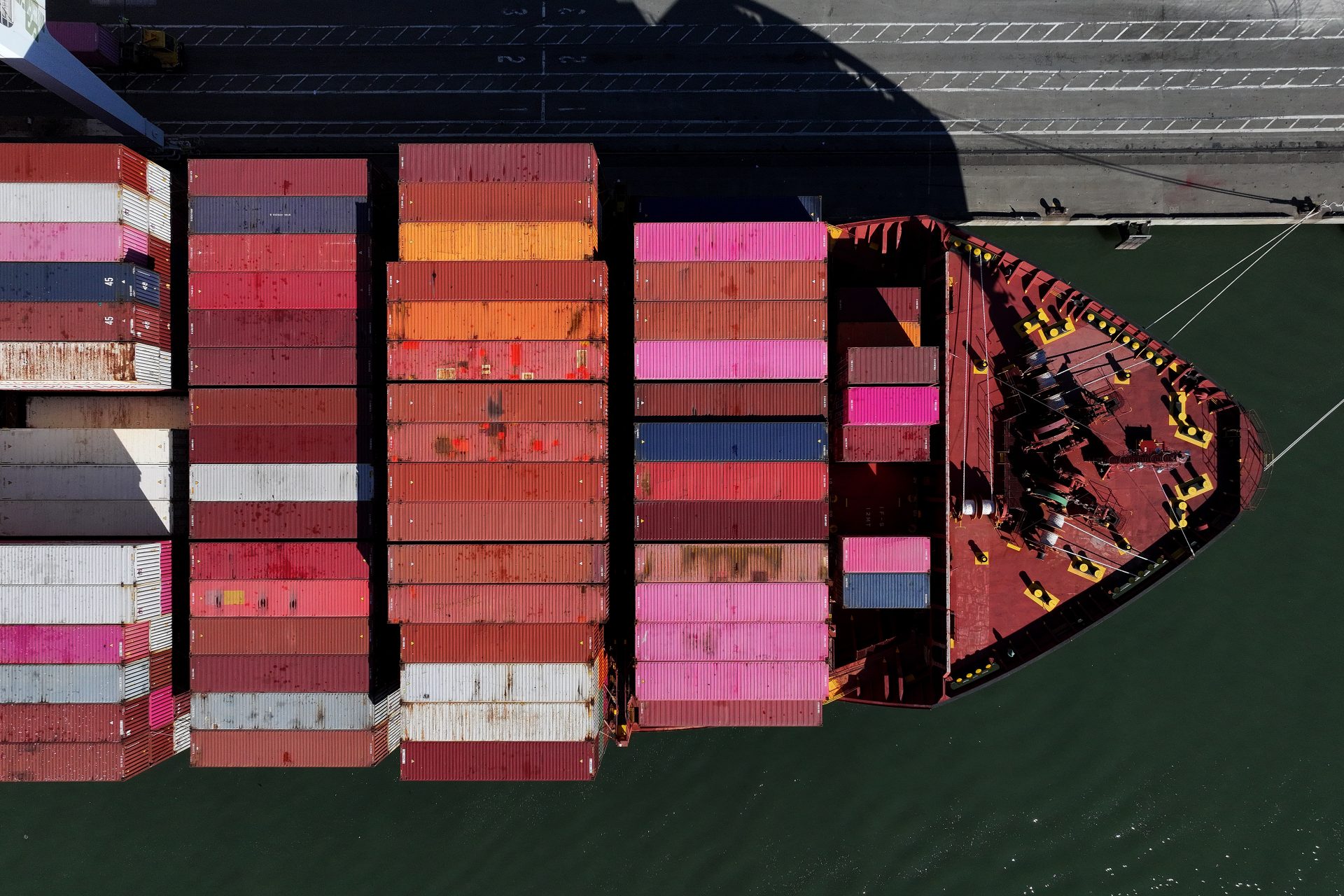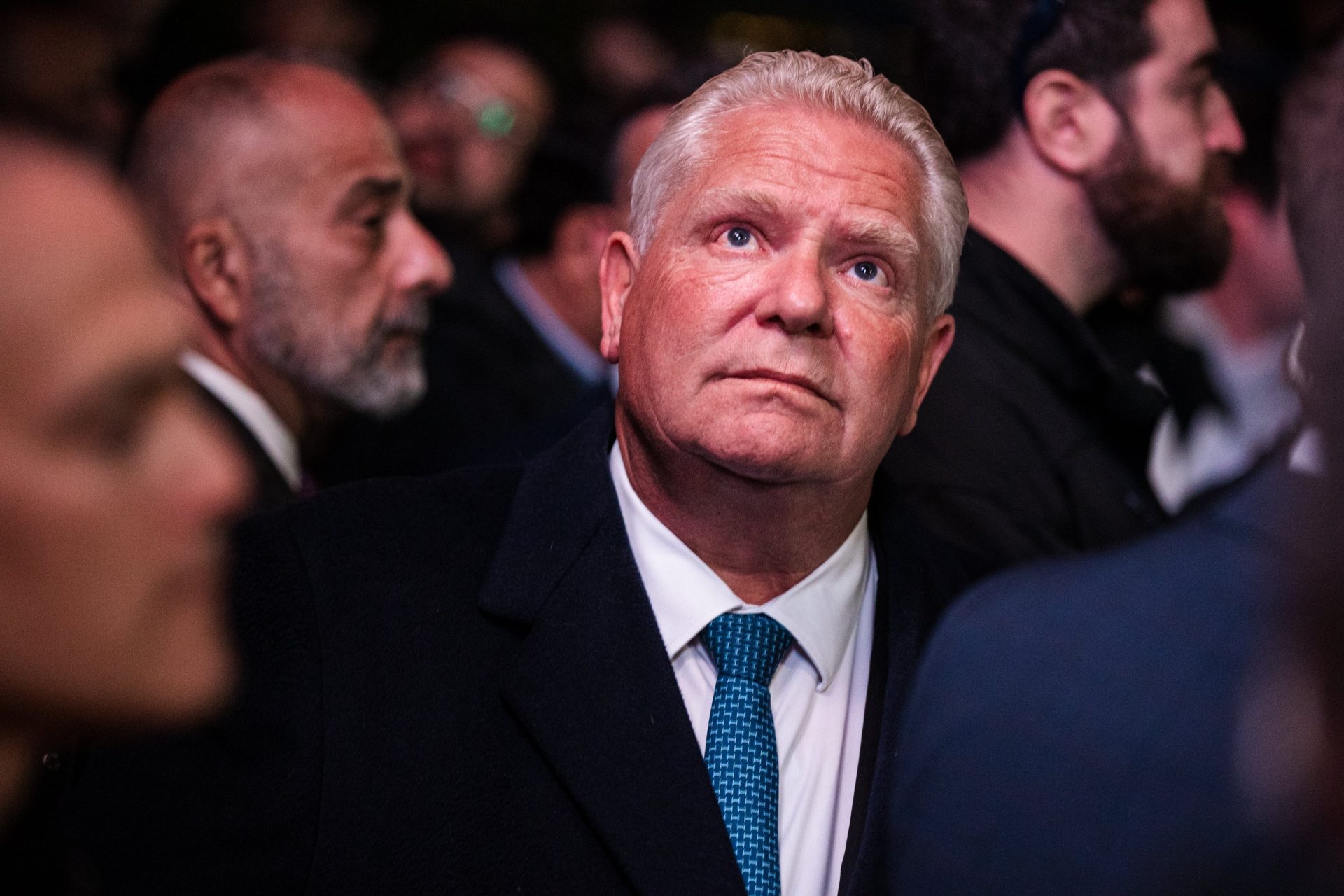Merger of Trade and Business Departments signals Brexit's failure
Prime Minister Rishi Sunak announced on February 7th that he planned to merge the UK's Department of International Trade with portions of the country's Department of Business, Energy, & Industrial Strategy to create one new division that would be overseen by rising Tory star Kemi Badenoch.
The move was meant to signal Sunak's focus on prioritizing faster economic growth according to The Guardian's Larry Elliot, but Elliot likened the shuffle to rearranging deckchairs.
"It is in fact a significant moment in the country’s foreign and economic policy," wrote Tony Heron and Gabriel Siles-Brügge of The Conversation," and a tacit acknowledgment that attempts to seize Brexit 'opportunities' through trade have been a failure," a sentiment that was certainly born out by the failure of Britain's first post-Brexit trade agreement with Japan.
British trade hopes fell flat earlier this year when officials declared its first major post-Brexit free trade deal failed to live up to expectations.
Then British Secretary of State Liz Truss signed her country’s first post-Brexit trade deal in 2020 with Toshimitsu Motegi, Japan’s Minister of Foreign, in what was described as a historic moment for Britain.
The trade deal was meant to boost trade between the two countries by billions of dollars and help the UK recover from the Covid-19 pandemic.
“This deal has the potential to support jobs across the country through lifting British farming exports and supporting our manufacturing and services sectors,” said Dame Carolyn Fairbairn, Director-General of the Confederation of British Industry.
But two years on, figures collected by the Department of International Trade showed that British exports to Japan fell from £12.3 billion to £11.9 billion.
Exported goods fell from 4.9% to £6.1 billion while services took a 2% hit down to £5.3 billion from the beginning of the year to the end of June 2022.
The drastic decline in exports to Japan was a major blow to the pro-Brexit faction in the British government and represented the final nail in the coffin of a political subset that had pushed for British independence.
Labour Party shadow secretary for international trade Nick Thomas-Symonds criticized his government counterpart at the time saying, “Falling trade with Japan is irrefutable evidence that ministers are not delivering for UK exporters.”
“The Conservatives have no trade policy worthy of the name and ministers are failing to stand up for UK interests in negotiations,” Thomas-Symonds continued.
Other emerging free trade deals between Britain and her international friends were also being criticized at the time for their lack of benefits and incoherent negotiation strategies.
Former environmental secretary George Eustice called Britain’s 2021 agreement with Australia one that was “not actually a very good deal for the UK.”
“But it has to be said that, overall the truth of the matter is that the UK gave away far too much for far too little in return,” Eustice told Members of Parliament.
“Unless we recognize the failures that the Department for International Trade made during the Australia negotiations,” Eustice noted, “we won’t be able to learn the lessons for future negotiations.”
The Conversations' Heron and Siles-Brügge aren't confident that the UK's new Department of Business and Trade will make a difference in solving the country's problems, stating that government needs to work out how trade policy can "be used to make a meaningful contribution to some of the most urgent social and environmental challenges facing the UK."
More for you
Top Stories






























